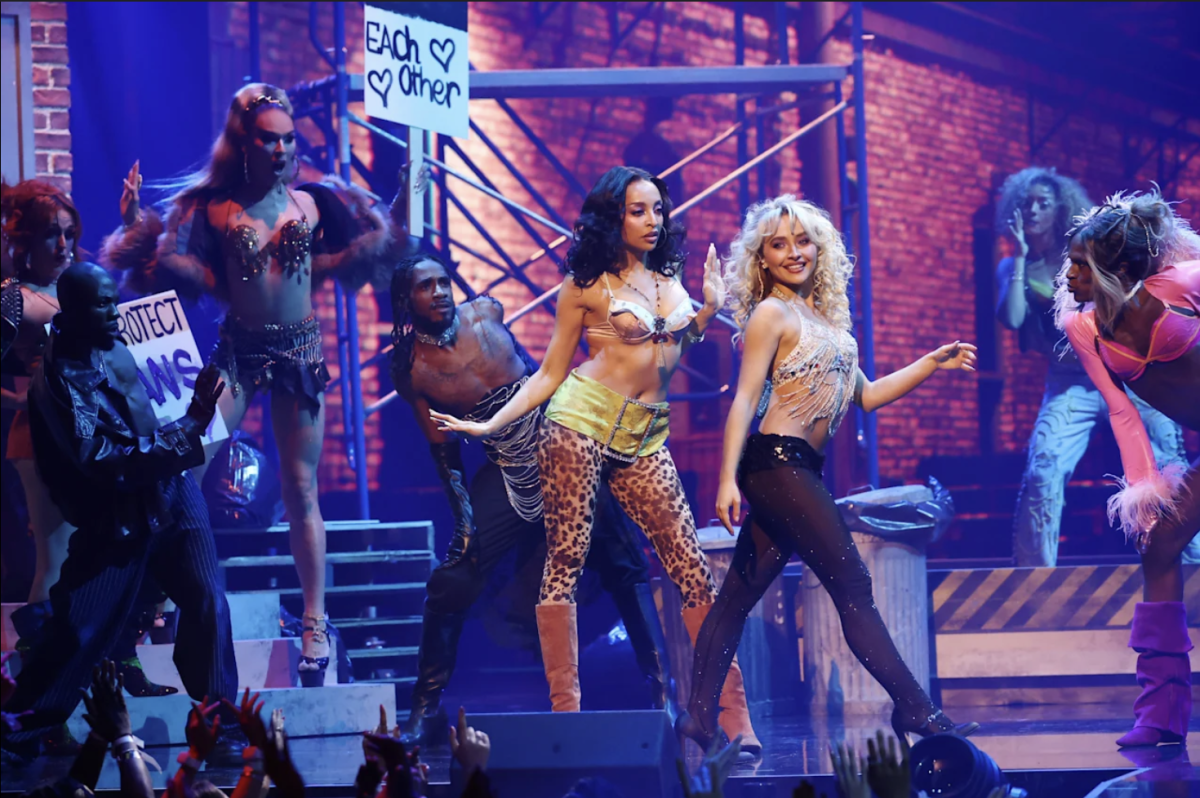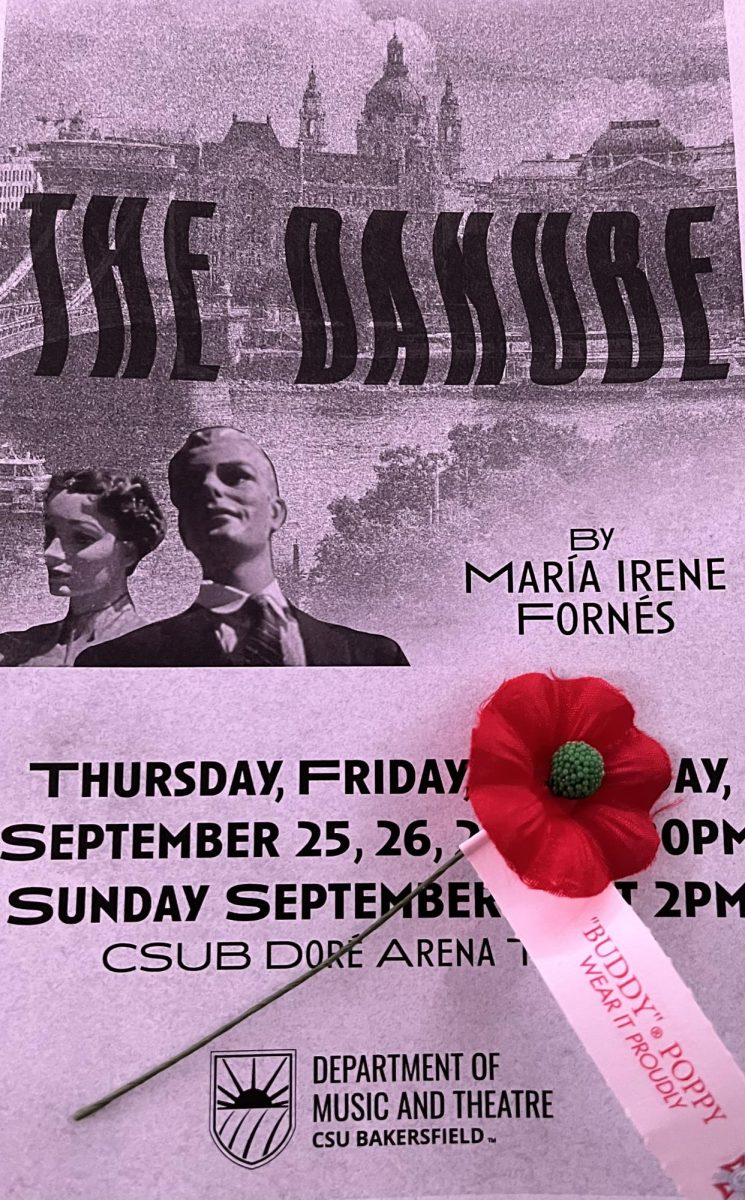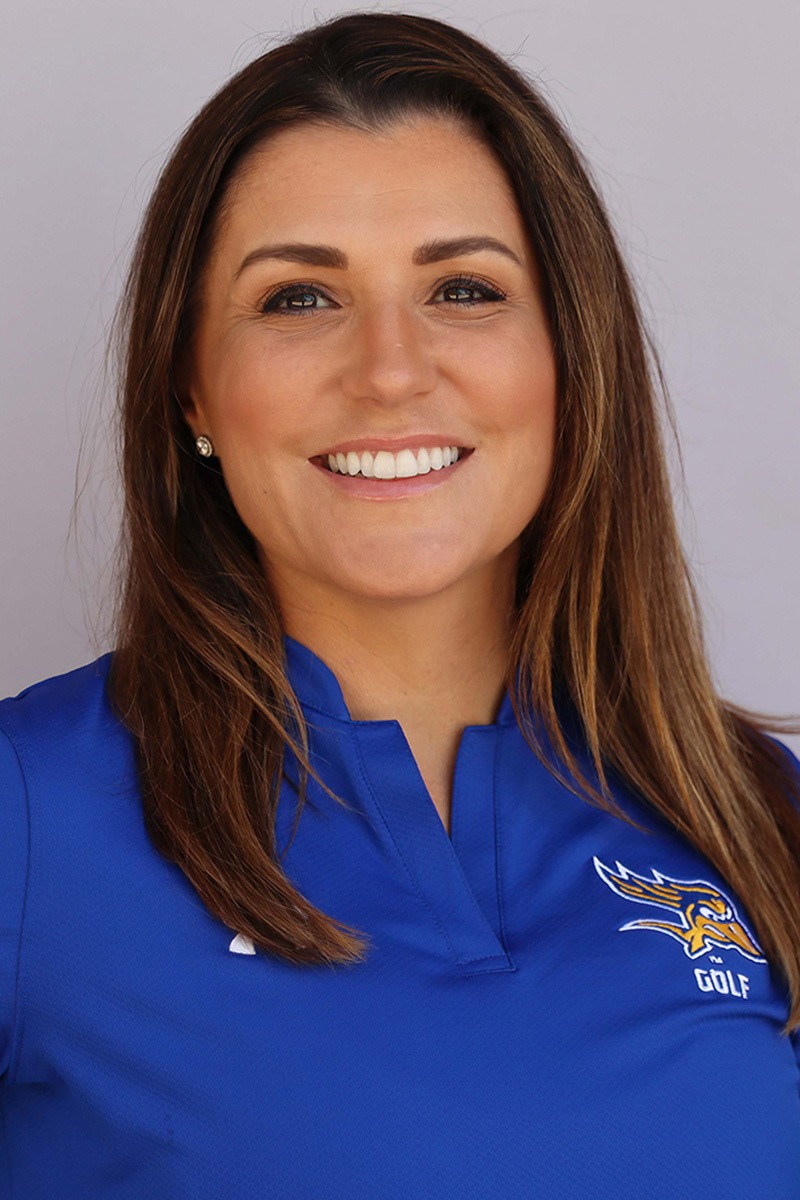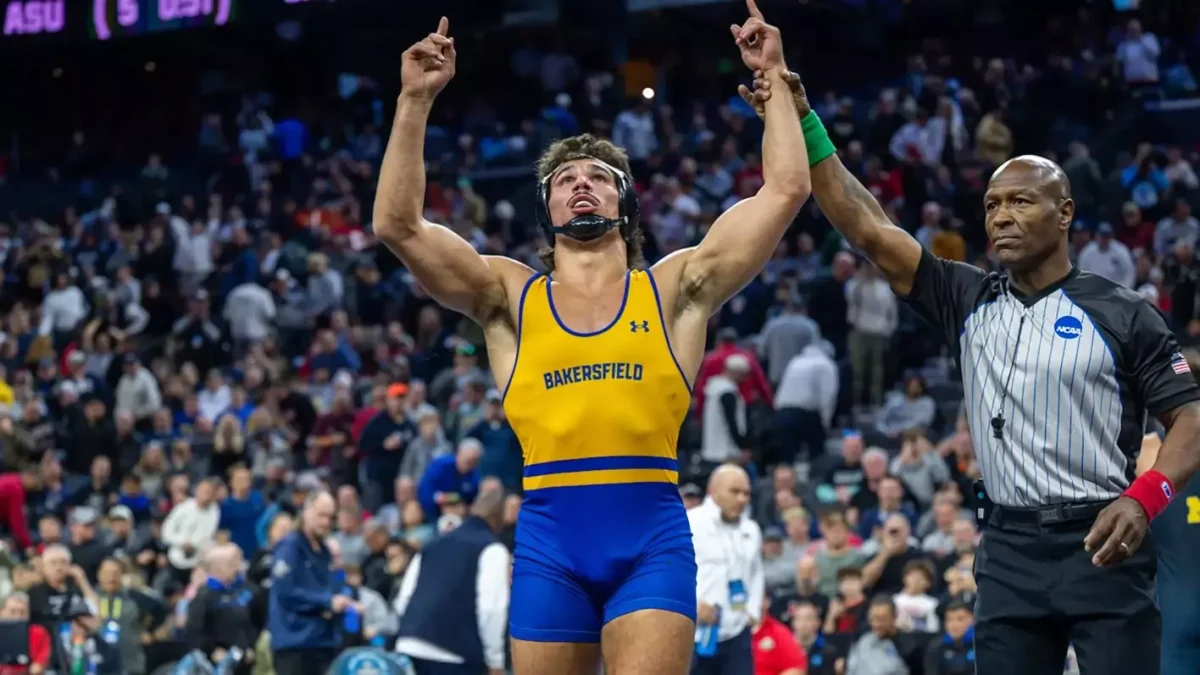
By Josh Bennett
Sports Editor
On April 29, Los Angeles Clippers owner Donald Sterling was finally banished from the NBA after he made his latest set of racist comments. The comments were made in his home and were recorded with his knowledge.
Upon the announcement that he was banned, people took to Twitter and otherwise that week to praise NBA Commissioner Adam Silver’s decision, such as other NBA owners and players, Snoop Dogg, President Barack Obama and Michael Jordan, who usually stays away from commenting on issues.
People also took to Twitter to proclaim that Sterling’s first amendment rights were violated when he was banned from the NBA.
They weren’t.
While there is a concept of “free speech” in America, that does not apply to privately owned companies who have their own bylaws and rules to adhere to. The NBA is one of those companies.
In their constitution, article 24(l) is a “best interests of the Association” clause, meaning that Commissioner Silver can be granted the power to give out any punishment he sees fit when a violation is not specifically covered elsewhere in the constitution.
What that means is that because there is no specific rule and punishment for owners or players who make blatant racist comments at employees and fans of the league — which included his own players, staff and fans — this article lets the Commissioner acts appropriately.
Add that to Article 35A(d), which gives the league power to deal with “misconduct of persons other than players”, and there is your lifetime ban from the NBA for Donald Sterling.
One Twitter rant that I found completely insane and out of touch with the situation was that of novelist Joyce Carol Oates, whose rant was highlighted by Deadspin on April 30.
“Nostalgia for time when one could say anything in private no matter how stupid, cruel, self-serving or plain wrong & not be criminalized.”
That is not nostalgia. You still can say anything you want in private. However, when you know you are being recorded and know that you live in an age where anyone who is remotely famous will be blasted for anything they say or do, that is ignorant.
While I do commend Oates for disagreeing with Sterling’s comments, he should be criminalized because he made his employer, the NBA, look bad on numerous occasions. Although Sterling might have owned the Clippers at that time, he was still one-thirtieth of the owners of the league — their version of a board of directors, if you will. Even though the NBA does have their own board, the owners still act as team representatives, and they can be ousted under extreme circumstances — such as this one — when they make their team and the league look bad.
“Am I the only person in US surprised that a private conversation (no matter how ugly) can be the basis for such public recrimination?”
Yes, you are, as well as the other people who proclaimed “first amendment rights” when they were never going to be in play in this situation. The only reason why this is a “public recrimination” is because the NBA is such a large and popular entity in the country, and the person being punished is a recognized face.
Let’s say that you work for McDonalds, and you go on Facebook to complain about the way your boss handles things. You end up posting a message, you instant message a fellow co-worker, and you are doing this from “the privacy of your home.”
You go into work the next day, and you are fired immediately because of those comments, and because that co-worker didn’t like what you said and showed it to that boss. This is the same idea. Both were private conversations, but they were made public and both were justly punished.
“This era of ever-vigilant social media & NSA surveillance may one day be seen as the end of ‘free speech’ in America. Happened so quickly. Why do so many people confuse an individual case (agreed, despicable) with a principle? ‘Free speech’ — ‘free press’ – US Constitution.”
Social media and the NSA are completely irrelevant in this case. The only thing social media did was allow people like Oates to incorrectly rant about this correct decision to ban Sterling. The NSA did not record the conversation, so their inclusion in this tweet is irrelevant. Free speech is not ending in America anytime soon. You can say what you want as long as it’s not being recorded or stated publically.
You want to see no free speech? Go to a country like North Korea, where this platform to say what you want, like Oates, is gone and you truly are under surveillance.
As far as free press goes, I can’t print a hit list on the front page of the paper, then when the paper gets shut down and I’m hauled away in handcuffs, yell out “free speech” and “free press” and get away with it. That’s not how that works. There is free speech and free press, but it does have limitations. Limitations that make sense and are not unjust.
“Many who frequently speak in public have begun to speak much more circumspectly than we once did, for fear of being quoted out of context. Only stand-up comedians & clearly designated satirists are allowed an almost total freedom of speech today in US. (Note ‘almost.’)”
Sterling was not taken out of context. His entire racist rant was recorded in full. He clearly stated that he didn’t want black people, including name-dropping Magic Johnson, at “his games”.
That sounds clear and full of context to me, and everyone else who heard it. As far as free speech with comedians and satirists, they do not have “an almost total freedom.” While they might make fun of people, there are things that they can’t say.
Donald Sterling did not have his first amendment rights violated. The NBA justly punished him as his recent comments was the boiling point of his steaming kettle. As a Clippers fan, I applaud Commissioner Silver’s ruling, and I await the other owners to vote Sterling out and force him to sell his team. Sterling will survive, as he will pocket over $700 million as apart of his punishment.
As far as the people who still claim “first amendment rights,” they should study up on their nation’s constitution and bill of rights and fully understand it.








